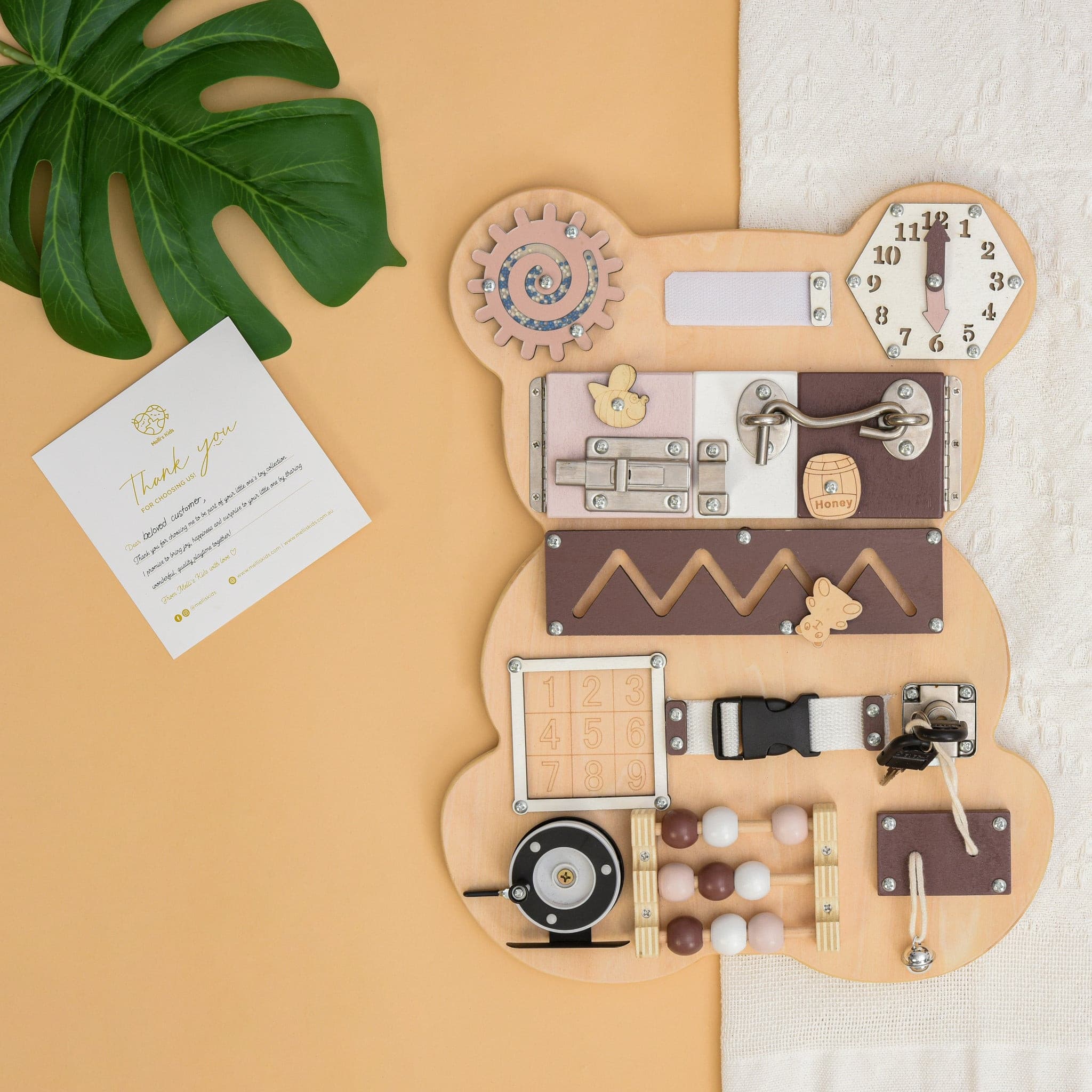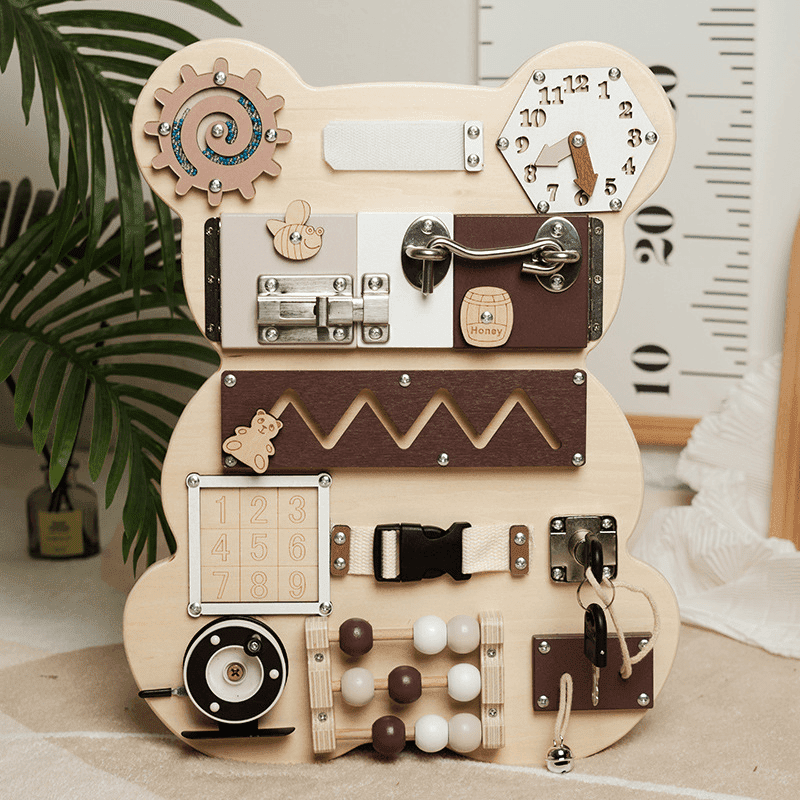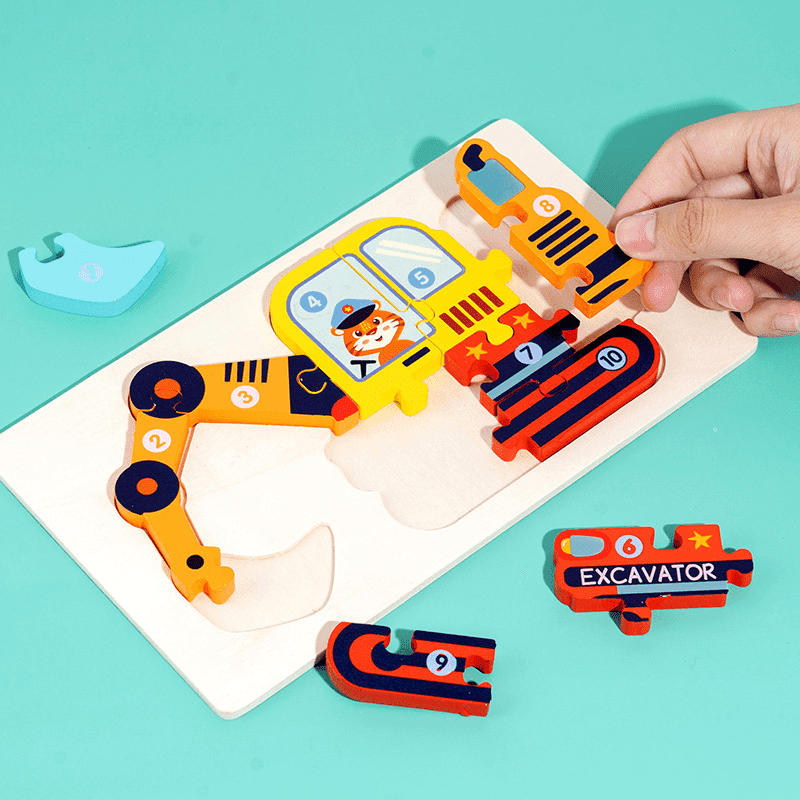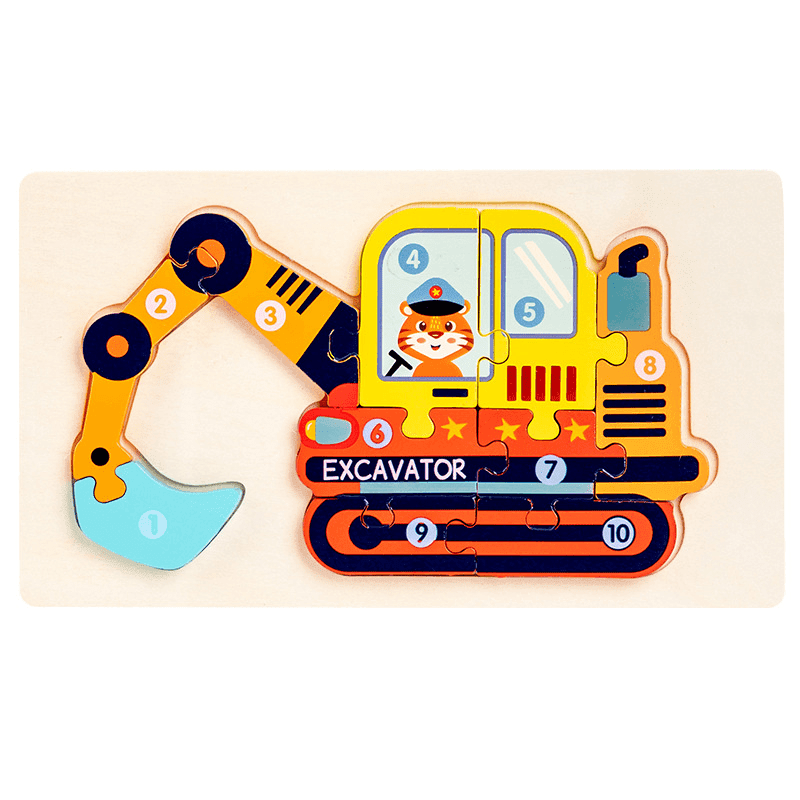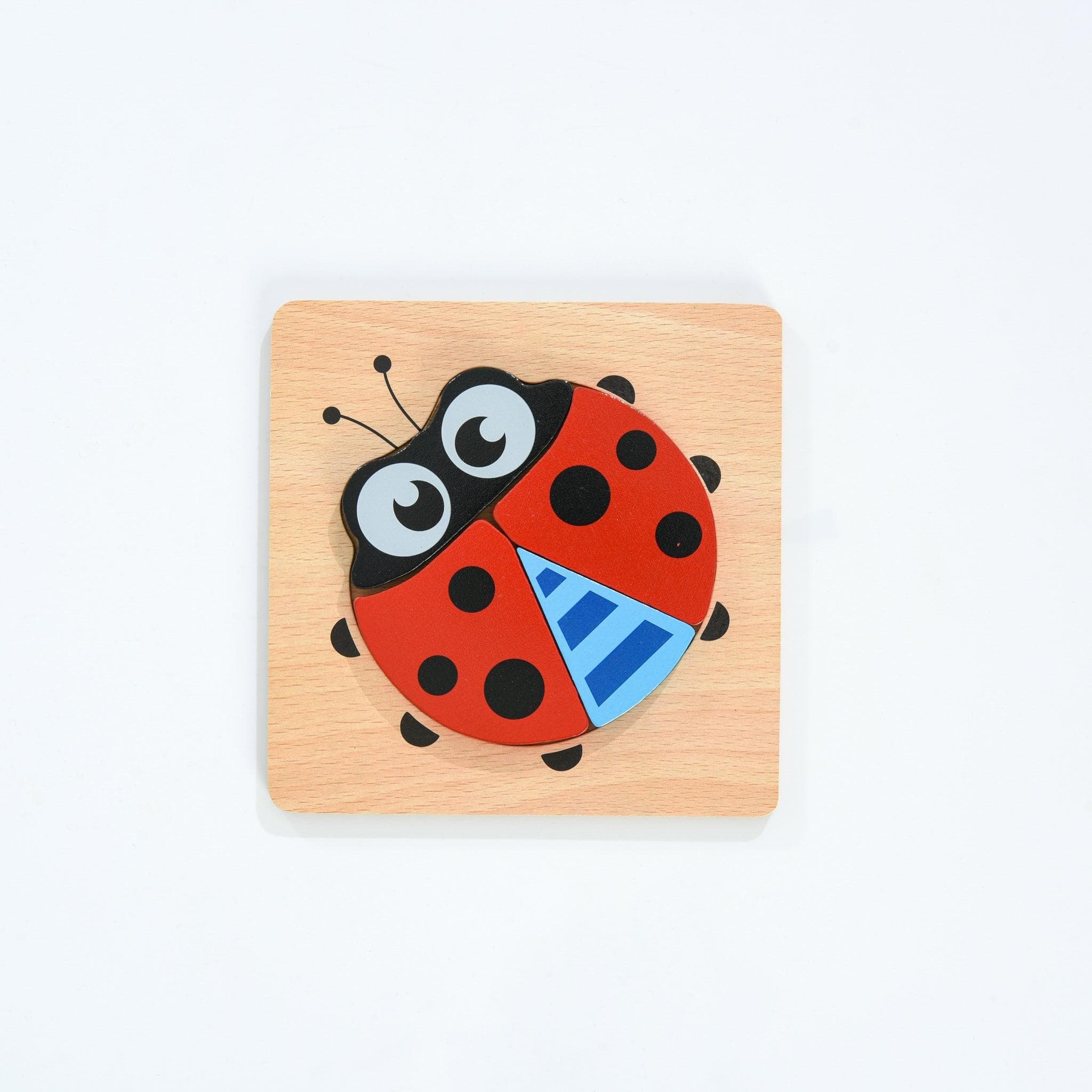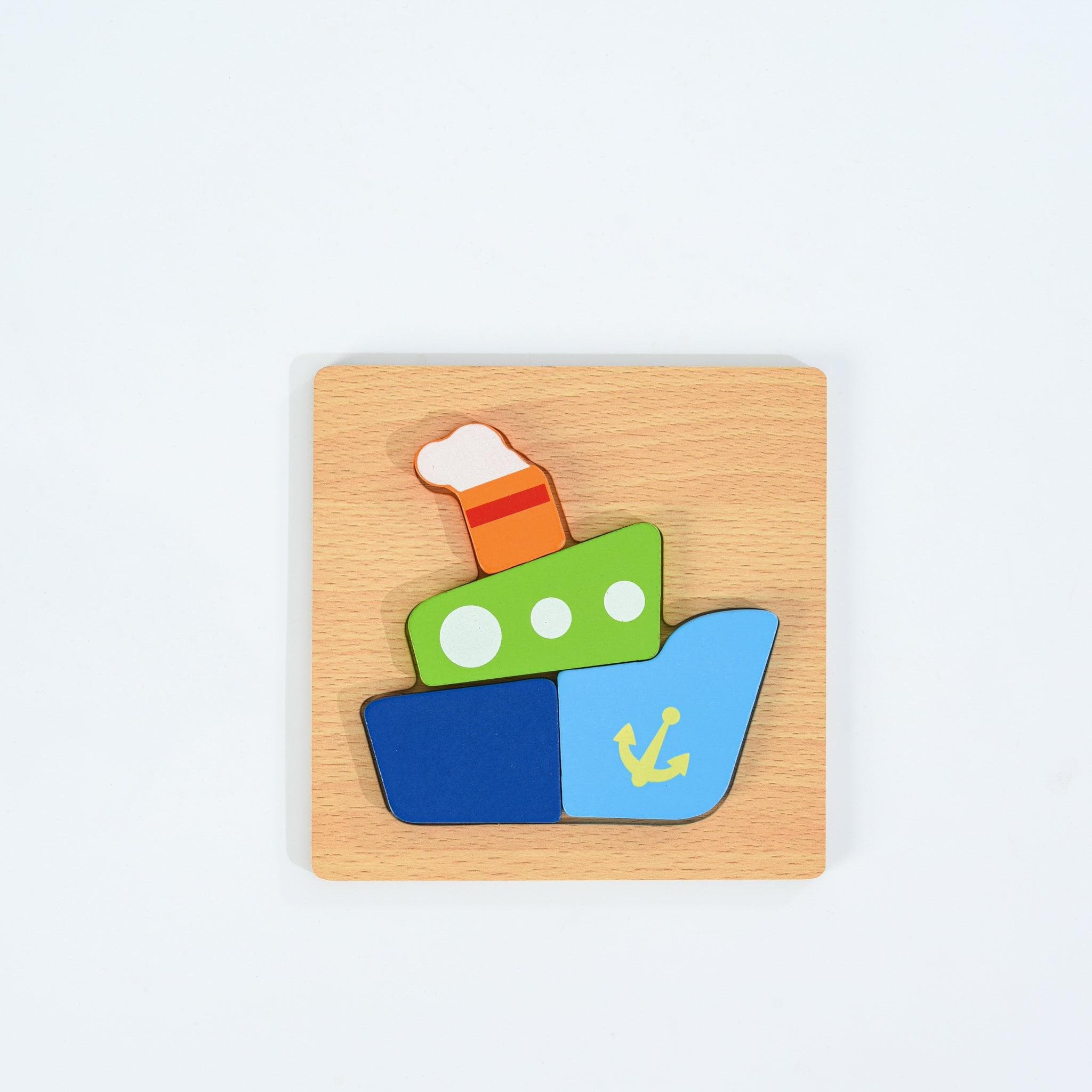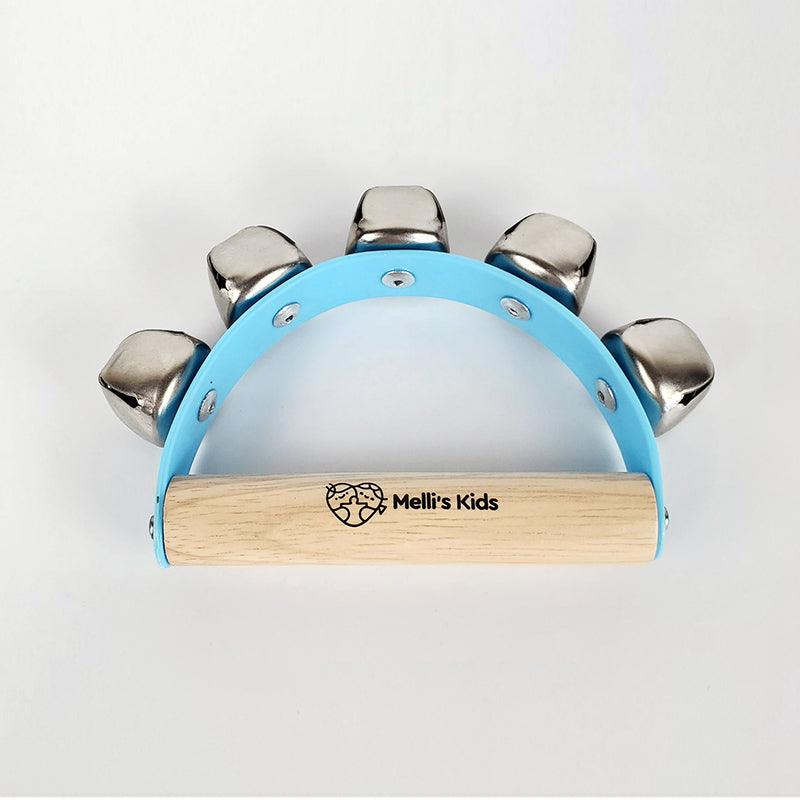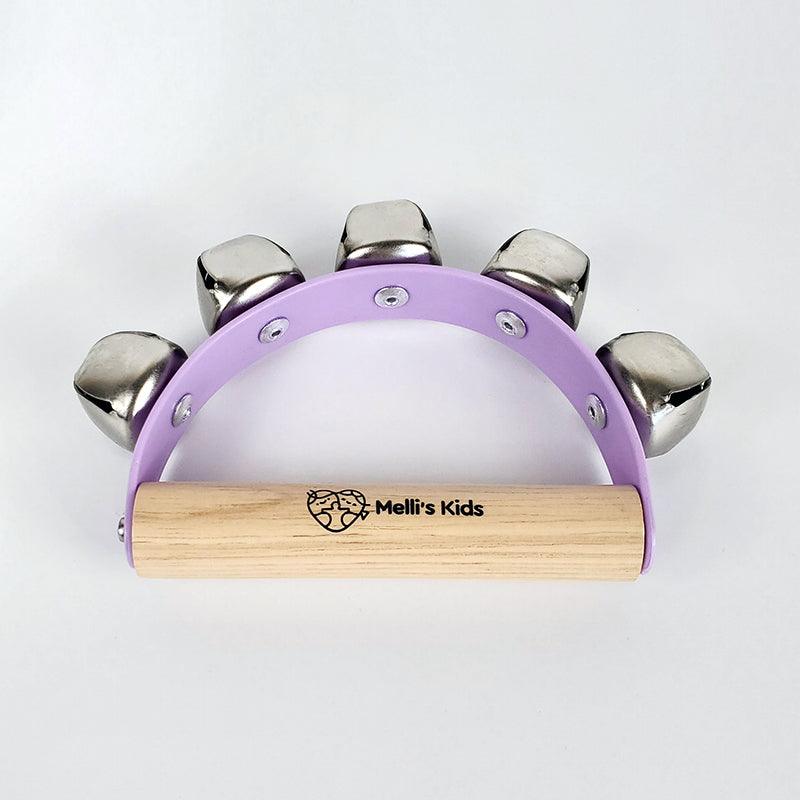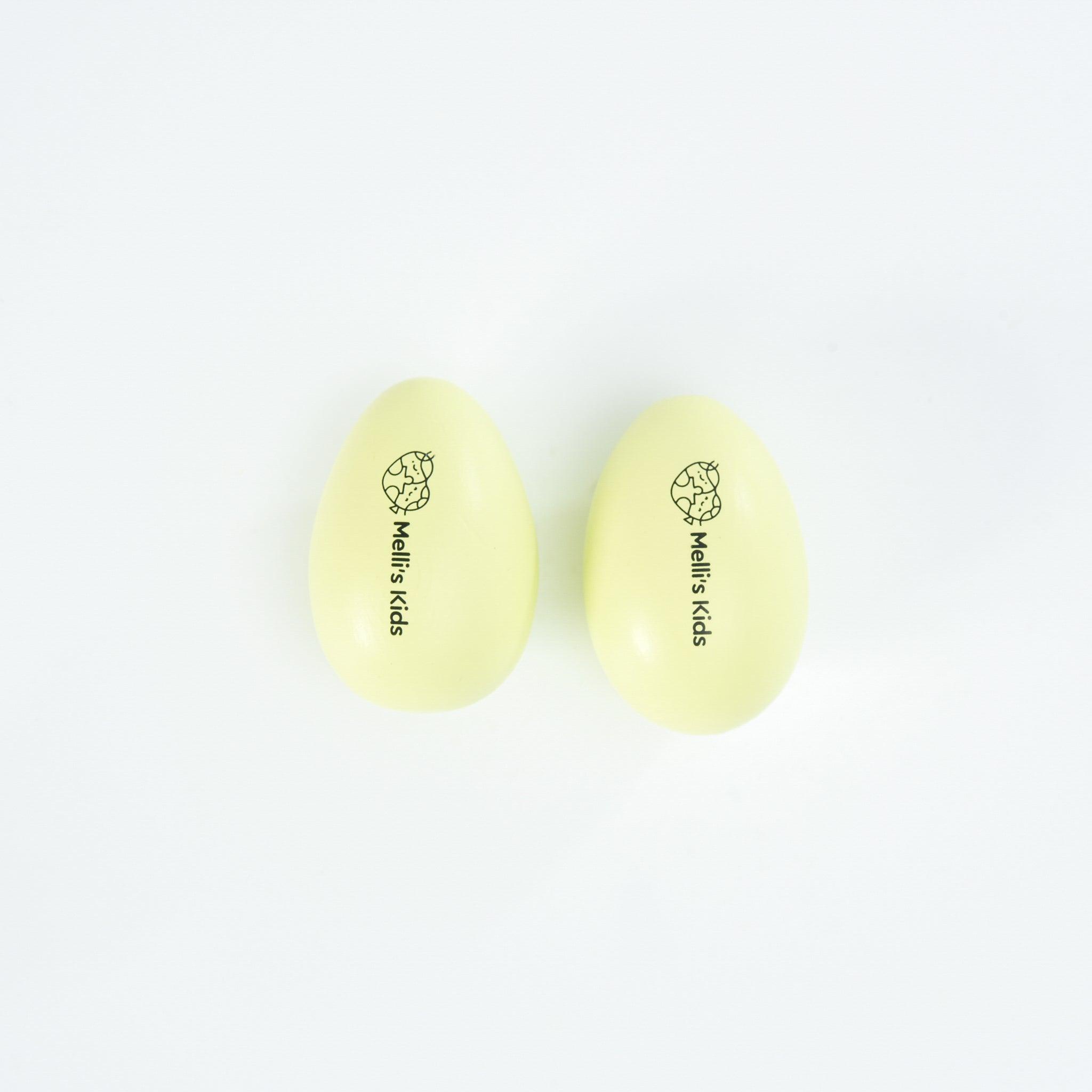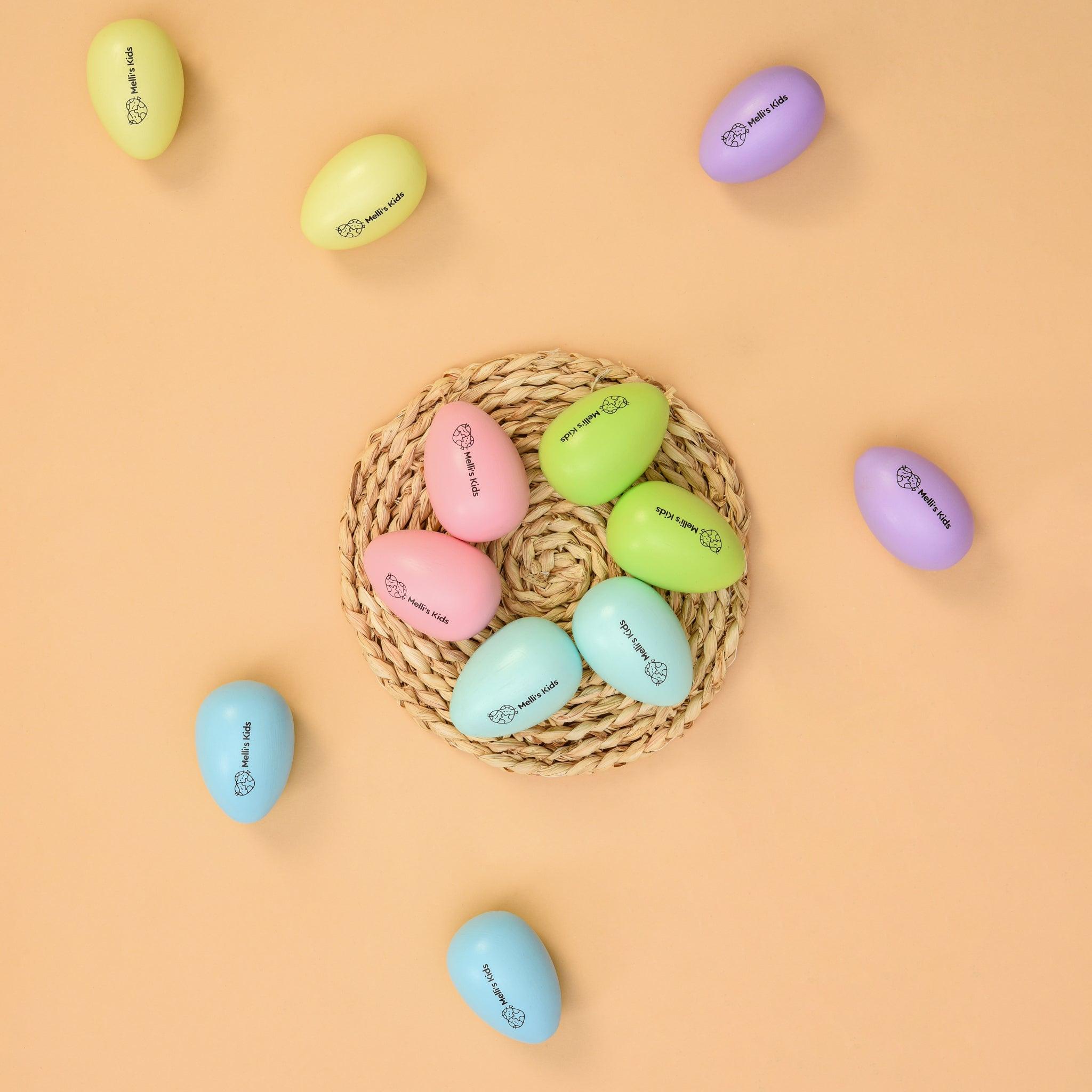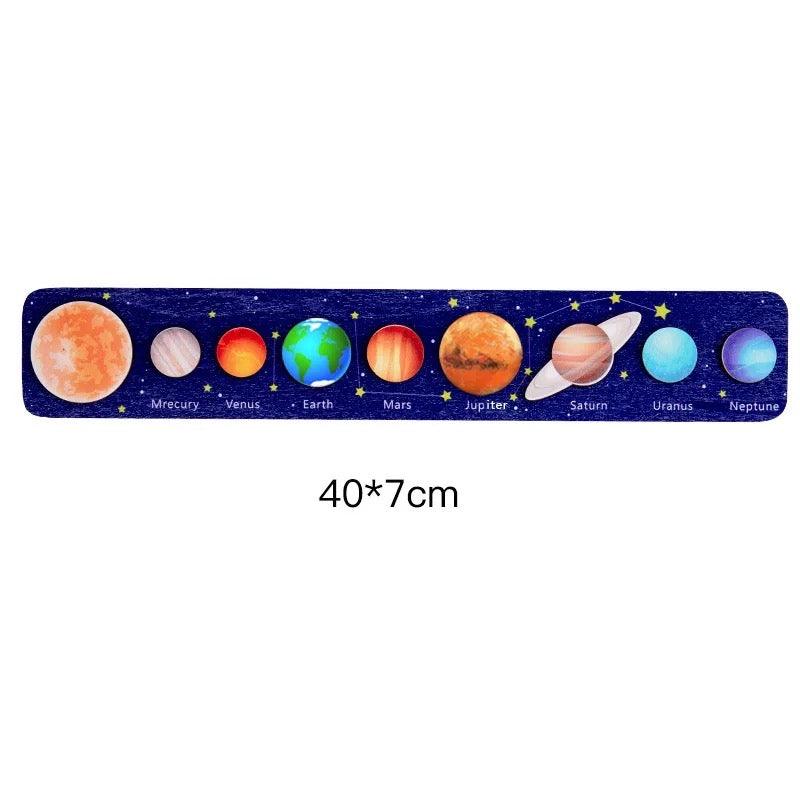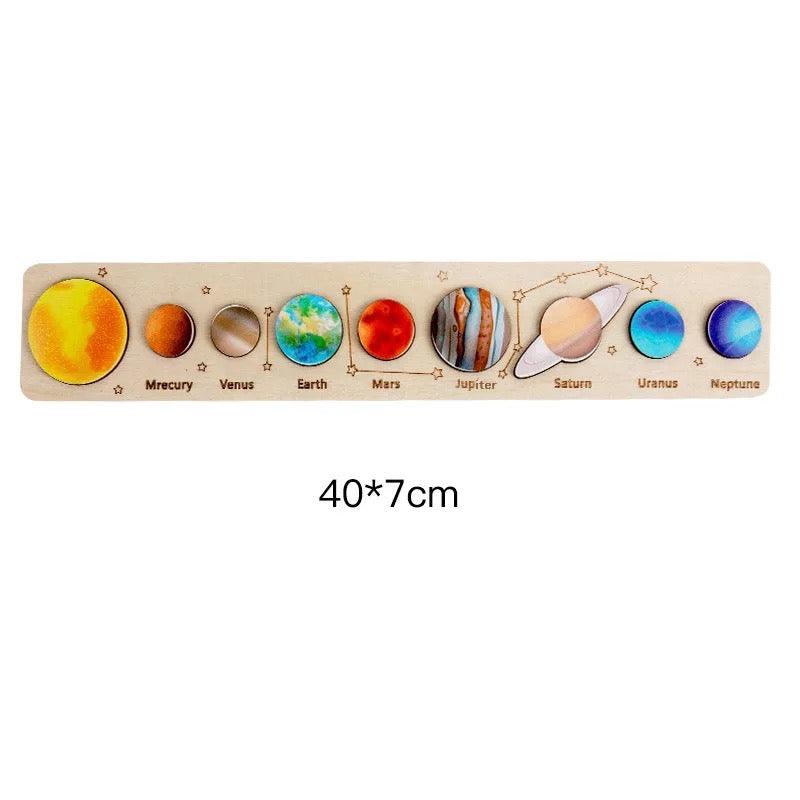Montessori Learning - The Ultimate Guide for Beginners
How can a Montessori learning method help kids develop? What is it? When looking for the best school for their children, that is one of the questions that many parents ask. One of the greatest ways to become familiar with Montessori is to visit a classroom and take a look at the activities happening there. This Ultimate Guide to Montessori learning by Melli’s Kids will answer some of your questions if you are unable to do that.
WHAT IS MONTESSORI LEARNING?

In the early 1900s, Dr. Maria Montessori created Montessori learning. It's a particular form of child-centered education that includes kid-led activities (referred to as "work"), classrooms with kids of different ages, and instructors that support student independence.
As Dr. Montessori believed, kids learn best when they are making decisions about what to learn on their own. A familiar classroom probably doesn't look like a Montessori classroom. Its distinctive features include:
- Children can select from a variety of activity stations throughout the day.
- Instead of standing in the front of the classroom, teachers will move from group to group.
- An unconventional grading scheme.
- A focus on the full development of students, including their social, emotional, intellectual, and physical needs.
Just like many other teaching strategies, some educators and parents adore Montessori learning, while others do not. Keep reading and we will find out more about the core principles of a Montessori education.
FUNDAMENTALS OF MONTESSORI LEARNING

The theories and discoveries of Dr. Maria Montessori form the foundation of the Montessori Method. The following are some of the Montessori educational tenets that make it so effective:
Children are treated with respectAccording to the first Montessori principle, a child's regard for their parents or instructor must be reciprocal. All Montessori techniques are built on this guiding idea. It aids parents in valuing their child's individuality and meeting any special needs that might exist.
Children can gain a strong sense of autonomy by being given the freedom to learn at their own pace and about the topics they are interested in (under proper supervision, of course). Giving a youngster the opportunity to make their own decisions and focus on particular hobbies is a sign of respect. Children are given the freedom to explore their own interests in a setting that is semi-structured, which fosters a lifetime love of learning.
Children have inquisitive minds
This idea emphasizes allowing kids to experience the world to learn. The Montessori Method places a lot of emphasis on the first six years of life since that is when children develop critical abilities like language comprehension and fundamental motor skills. Children develop a fundamental sense of who they are and the world around them at this age. No matter how or in what form knowledge is presented to them, they will constantly take it in.
It is advised that parents should try to make the most of their children's early learning opportunities. This is the suitable time to teach your children fundamental morals and values. As long as they are given the proper direction, they will learn effectively at their own rate.
Sensitive Periods Are Essential For Learning
Contrary to popular belief, sensitive periods refer to critical junctures in a child's development rather than emotional or hormonal phases that teens could go through. The majority of these delicate times include a child's interests being focused on mastering a particular ability or body of knowledge. The most significant learning milestones take place during those early years, which is the main factor explaining why the first six years are so critical.
Order, language, sensory skills, movement, and social skills are the five kinds of milestones that children experience over these six years, respectively, according to the Montessori theory. The length of these phases truly depends on the child and how much time they choose to devote to mastering that skill.
Children learn best in an arranged environment
A Montessori classroom is always specifically created to maximize learning ability. Its design encourages kids to pursue the activities and resources of their choice. They are given the autonomy to act independently and at their own pace. The teachers should organize it in a methodical and independent way.
Set up your child's bedroom in a comparable yet pleasant way if you really want to support Montessori education outside of the classroom. Give children access to low, open shelves that are filled with manipulatives and building block toys. If they have easy access, they will make the most of the available space and resources.
Children can learn on their own using auto education
The idea that children are capable of self-educating and learning autonomously is known as auto education (sometimes referred to as self-education). This is without a doubt one of the most crucial principles or beliefs used in Montessori Learning. The instructor should help to set up, give students the motivation, direction, and support they need to confidently educate themselves.
Even though it might often be challenging, it is important and beneficial to recognize this talent in youngsters. Children's work and play are concurrent and should be strongly encouraged because they are some of the most essential elements of their development.
MONTESSORI TOYS IDEASA Montessori toy is one that encourages experimentation in children to increase learning. In order to assist children develop their fine motor abilities, the toy should be something they can grip and handle. Additionally, the toy should enable kids to exercise their imagination and work autonomously at their own pace. Here are some ideal toys that support Montessori learning for kids.
Wooden Train Set
This wooden train set offers a rich open game experience that can help kids develop their spatial thinking, cognitive capacity, hand-eye coordination, logical reasoning, and problem-solving abilities. Autonomous exploration and demanding game mechanics totally engage kids' interest, encourage their imagination and inventiveness, and help them pay more attention and concentrate.

Purchasing it is much easier at Melli’s Kids as this product is ready to be shipped with a discount price!
Wooden Cylinder Blocks
With wooden cylinder blocks, kids are generally taught to distinguish between dimensions visually, but as proficiency increases, children can start to distinguish between them using touch. Also, they learn how to coordinate their fingers in a pincer grasp, which is later used to hold pencils, as a result of this Montessori material, which also indirectly prepares them for writing. As kids acquire terms like "height" and "diameter," it also builds the groundwork for future arithmetic and language studies.

WRAPPING UP
According to Dr. Montessori: "My vision of the future is no longer of people taking exams and processing on that certification … but of individuals passing from one stage of independence to a higher one, by means of their own activity through their own effort of will, which constitutes the inner evolution of the individual." Traditional education places great value on standardized tests and benchmarks, while Montessori learning offers a place for growth and development. At Melli’s Kids, we offer various kinds of Montessori materials, do not hesitate to make a purchase now!

